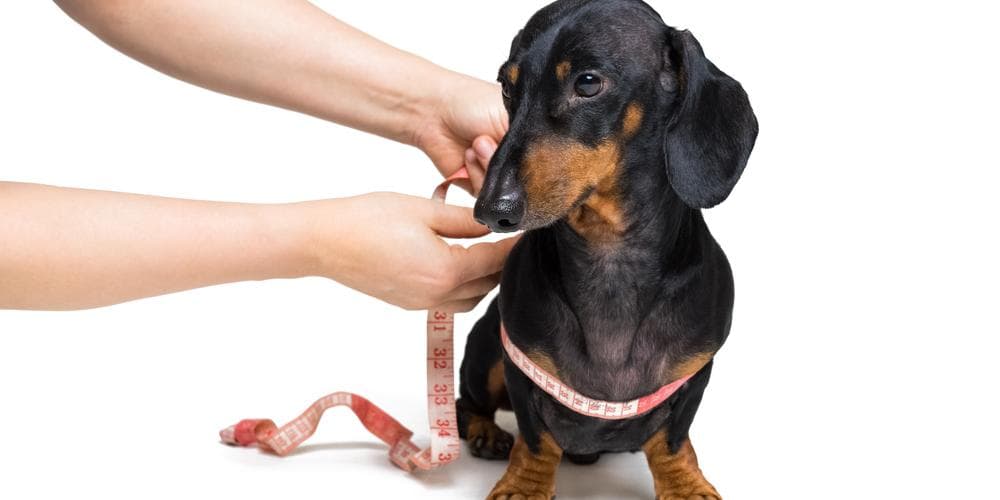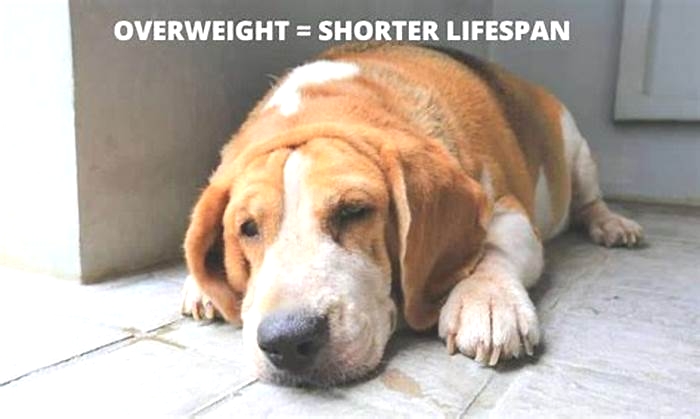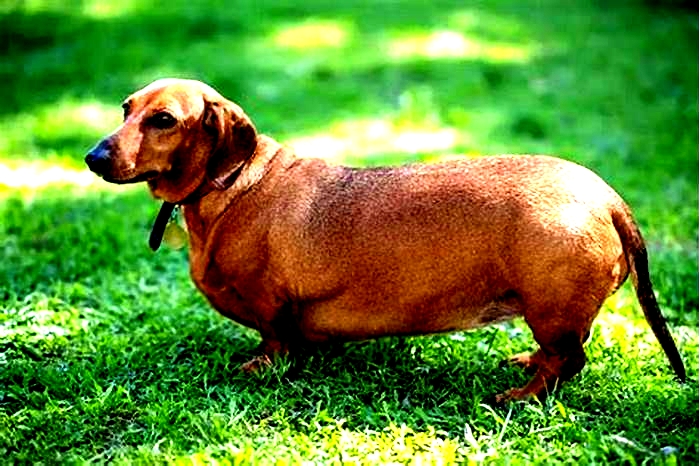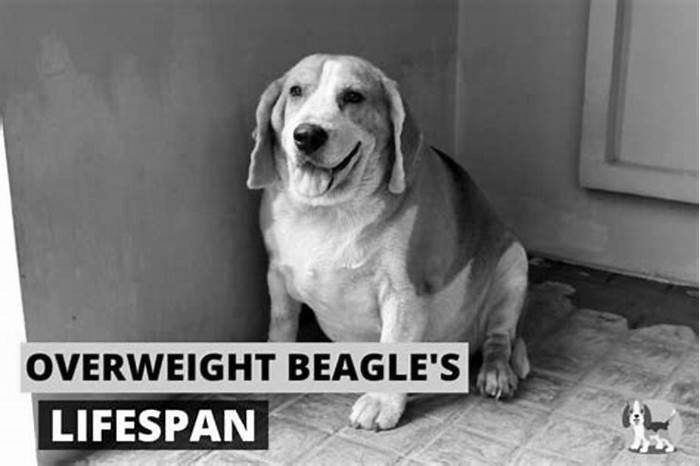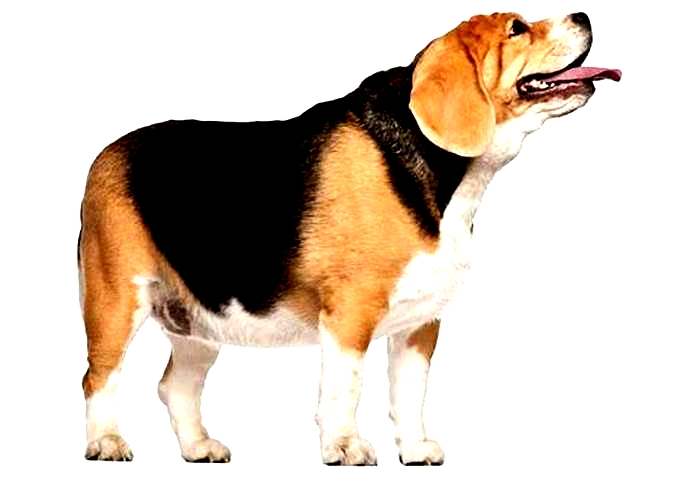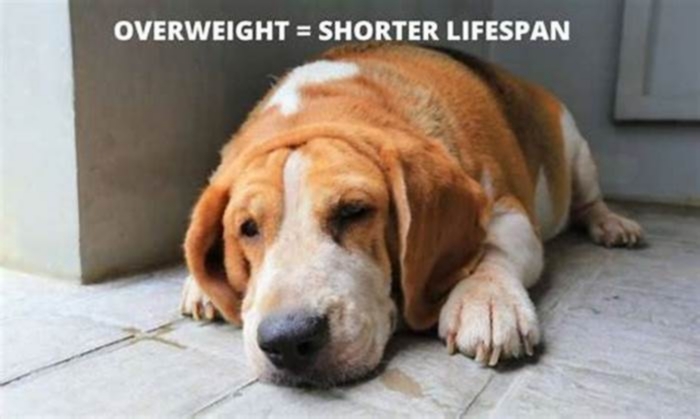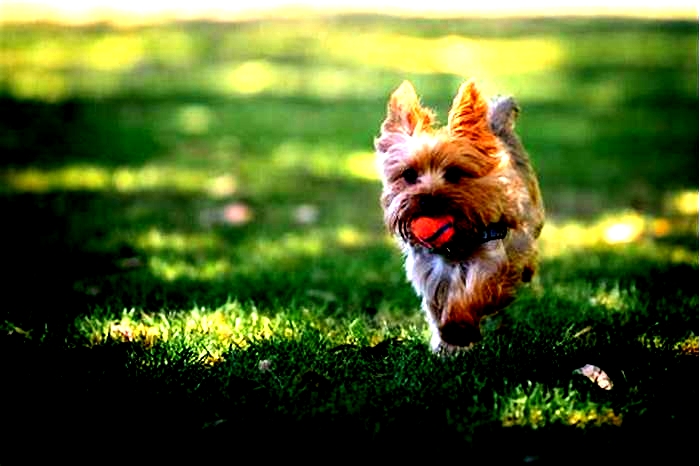The Link Between Dachshund Obesity and Joint Problems
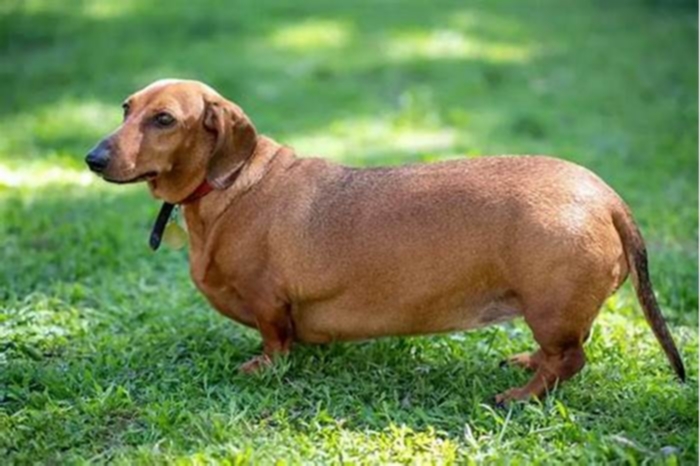
Common health problems in dachshunds
Common health problems in dachshunds
Dachshunds are generally a healthy breed, but like any other breed, they can develop some issues regarding their health and physicality. Their very specific body type can make them prone to some health problems. All Dachshund owners must understand the risk factors and do what they can to minimize damage and provide the best possible care.
The following conditions are some of the most common Dachshund illnesses and disorders. This guide is designed as a brief introduction to the subject. Anyone that fears that their pet is at risk from any of the issues raised here should talk to their vet for further advice. Those Dachshund health issues are:
- Spinal problems
- Hip problems
- Knee problems
- Hyperthyroidism
- Eye conditions
- Dental problems
- Skin complaints
- Kidney and urinary tract infections
- Obesity
Related post: Are dachshunds a healthy breed?
Dachshund spinal problems.
One of the most important considerations for any dachshund owner is spinal issues. These animals can develop back problems because of their shape. The long spine is prone to damage. Intervertebral Disc Disease is a common disorder where the discs in the spine become damaged and painful. There is also a greater risk of spinal injuries because of the weakness of this area. Therefore, it is not advisable to let your dogs jump up onto the furniture or people. Repetitive strain in this area can cause pain and damage long-term. Also, be careful about the strain you place on their spine yourself. Be careful when picking them up and use a harness when taking them on walks.
Click here to read more about IVDD in Dachshunds
Dachshund hip problems.
The skeletal issues for Dachshunds continue with their hips. Hip dysplasia is a common problem in a wide range of dog breeds where the hip joint isnt stable enough. That can cause pain and mobility problems if you arent careful. A veterinarian check can help you determine whether the pain and discomfort in your dogs hips are down to this condition, a simple sprain, or something else. Some dachshunds can develop osteoporosis and arthritis too, so be sure to rule these out.
Related post: Understanding And Treating Arthritis In Dachshunds
Dachshund knee problems.
Then there are the Dachshund health issues in these short little legs. Knee problems such as Patella Luxation arent uncommon because of the pressure placed on the knees from their body weight. These short stocky legs take a lot of impact, which is another reason to discourage your dachshund from jumping too much. Also, remember that these dogs may deal with the problems that come with dwarfism because of this shortened leg and the proportions of their bodies.
Hyperthyroidism in Dachshunds.
Hyperthyroidism is also something to watch out for with dachshunds. This can present itself as a lack of energy or interest in what the dog normally does. If the problem is ongoing with no other clear cause, it is best to have your dog tested by a vet. Treatment is available to correct hormone levels and improve your dogs health.
Dachshund eye conditions.
Unfortunately, there are quite a few different eye conditions that dachshunds have to deal with. Some dachshunds will develop cataracts as they get older and while some may be treatable with surgery, there could be some loss of sight. Loss of sight in dachshunds may also be the result of cataracts, which is a hereditary condition, and Progressive Retinal Atrophy. Regular checks can catch problems before they are irreversible.
Related post: Are Dachshunds Prone to Developing Eye Problems?
Dachshund dental problems.
Dont forget to keep your Dachshunds teeth nice and clean because you dont want them to develop dental issues on top of all of these other concerns. Broken teeth, unhealthy gums, and a build of tartar can also lead to poor oral health.
Related post: Do dachshunds have teeth problems?
Dachshund skin complaints.
Skin conditions are also common dachshund illnesses. One that you might notice with your dog is Acanthosis Nigricans. This is where you get a darker, tougher patch of skin around areas like the neck and groin. This condition isnt dangerous to the dog but could be uncomfortable, especially if there are additional growths or if it affects the condition of their fur. You can talk to your vet about skin treatments that may lessen the effect with time. Other skin conditions to be aware of include dermatitis and allergies to flea bites. Look out for areas of the skin that are red, sore, and itching, and seek out the best relief.
Dachshund kidney and urinary issues.
Kidney complaints and other renal issues arent that uncommon with these dogs. It is important to look out for the symptoms of lethargy and changes in thirst, as well as any difficulties or pain when urinating. Your vet can run tests to see if there are signs of infections or kidney disease. If untreated, this can become very distressing for the animal and may even lead to kidney failure.
Related post: Why Do Dogs Eat Grass and Weeds?
Obesity in Dachshunds
Finally, there is the issue of obesity. Dachshunds are meant to be slim, lean little dogs that could get into a tunnel and seek out their prey. Unfortunately, we now see far too many pet Dachshunds that are overweight and have a more rounded shape. This shape puts even more pressure on their joints and little legs, making it more likely that they will deal with joint pain and related issues. Obesity can also increase the risks of heart disease and make it harder to breathe while exercising. It is in their best interest to stay slim. Click here to read more about Obesity in Dogs
Related Post:Do You Need Pet Insurance For Your Dachshund?
Take care of your Dachshund to keep them healthy.
There are lots of simple ways to ensure that your dachshund stays healthy and you can avoid the majority of these Dachshund health issues. Some may be genetic and inevitable over time. But, you can still create a great healthcare routine to minimize risks and take better care of your dog. This includes:
- the right exercise plan
- the right diet
- the right grooming regime
- the best veterinary care
Exercise is important, but only in short bursts. Give them too little and they wont burn off the calories in their food. Too much and they might overexert themselves and strain their legs. That diet is also important so make sure to employ portion control with a healthy formula to keep them at the right weight and prevent any issues with their heart or joints. Supplementation in a diet can also help if they have joint problems or any deficiencies to consider. Then there is their grooming regime. Take care to check and clean their eyes, teeth, and ears regularly to look for signs of illness and infection. Dont forget about nail clipping either. Skincare problems are avoidable with the right shampoos and lotions during their bath. Specialist products may be necessary if they have allergic reactions or dermatitis.
Related post: Are Dachshunds Prone to Ear Infections?
See your vet for regular check-ups to stay on top of dachshund illnesses. Your vet can administer all the right tests and treatments to help you keep any serious problems under control. This is essential when dealing with conditions like hyperthyroidism or eye issues. They can also recommend the right diets, supplements, and products for dealing with weight loss and skin care.
Related post: Dachshund diet and exercise.
DNA Testing For Dogs
DNA testing can help you discover your dogs ancestry, find out about your dogs breed composition, and even find your dogs canine relative. Testing your pets DNA can also be very useful for keeping your furry friend healthy by detecting genetic risks for potential health problems. DNA Testscan also find hereditary conditions that can affect your dogs health in the future. This information can help your Veterinarian to provide adequate preemptive healthcare.
Finding the healthiest Dachshund puppies.
If you do not have a Dachshund yet but are looking to buy a Dachshund puppy soon, make sure that you do so from a respected breeder. Some breeders will look to create litters that conform to the ideal image of the Dachshund. This means that they may not use the best, healthiest stock if they can be sure of that long body or a certain color. This may increase the risk of pups inheriting some genetic dispositions toward spinal problems, knee issues, or disorders with their eyes. Responsible breeders wont use parents with genetic health problems or those prone to skin conditions and other dachshund illnesses.
One way to prevent this is to visit the puppies and their parents before committing to buying the dog. The best Dachshund breeders will let you come and meet the animals so you can see for yourself how healthy they are. They should also provide details of the health records and care notes of the pups and their lineage. Breeders that fail to do this or that refuse to let you see the animals probably have something to hide.
If you want to find the best pet insurance for your dachshund,click here
Conclusion
In conclusion, staying informed about common Dachshund health issues is essential for responsible pet ownership. By understanding the potential health risks that your Dachshund may face, you can take proactive steps to prevent or manage these conditions, ensuring a long and happy life for your beloved furry companion. Regular veterinary check-ups, a balanced diet, and plenty of love and attention will go a long way in keeping your Dachshund in optimal health.
Remember, as a pet owner, you play a vital role in safeguarding the well-being of your Dachshund. By following the guidelines mentioned in this comprehensive guide, you can be well-prepared to handle any health challenges that may arise and provide the best possible care for your beloved Dachshund.
Reference links:
Dachshund Obesity Is a Real Thing, But You Can Change That
How Can YouHelp Your Doxie Lose Weight?
Dachshunds can be so cute with their low-lying flappy ears and long bodies. They can even become more adorable when they become fat. They look more comical, cuddly, and huggable.
However, theres nothing cute about your overweight doxie developing serious health problems. As you know, being overweight and obese poses great health risks. It may lead to heart diseases, metabolic disorders, and maladies related to the respiratory and musculoskeletal systems.
So, if your doxie is overweight, you need to intervene as soon as you can. To get you started, here are some of the best tips you can use to help your Dachshund lose those unwanted pounds.
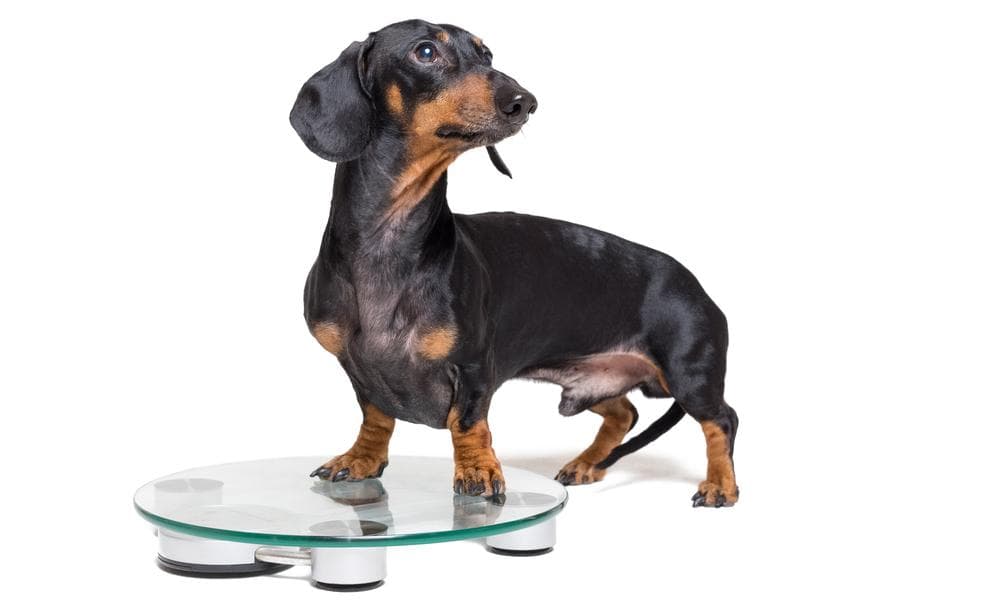
Diet
Obviously, you cant lose weight without talking about diet. Here are some dietary tips to start off your dogs weight loss journey.
- More protein, fewer carbohydrates dogs thrive in a high-protein diet. This helps them build lean muscles and quickly use up excess energy, which may be stored as fats.
- Avoid high-fiber food contrary to popular beliefs, high-fiber food does not help in weight loss. Your doxie wont feel satisfied and will eat more as a result. Not only that but high-fiber food may interfere with nutrient absorption.
- Dont give food scrap while it is tempting to give your adorable doxie leftovers or crumbs from the table, you need to control yourself. It doesnt just encourage bad behavior, but it can contribute to weight gain.
- Feed smaller portions of food instead of giving three large meals, your dog will lose weight faster if you give him frequently, but smaller portions of food. For example, you can divide three big meals into six small meals. Dont give in to the temptation to offer your dog a bowl full of food whenever you leave your home.
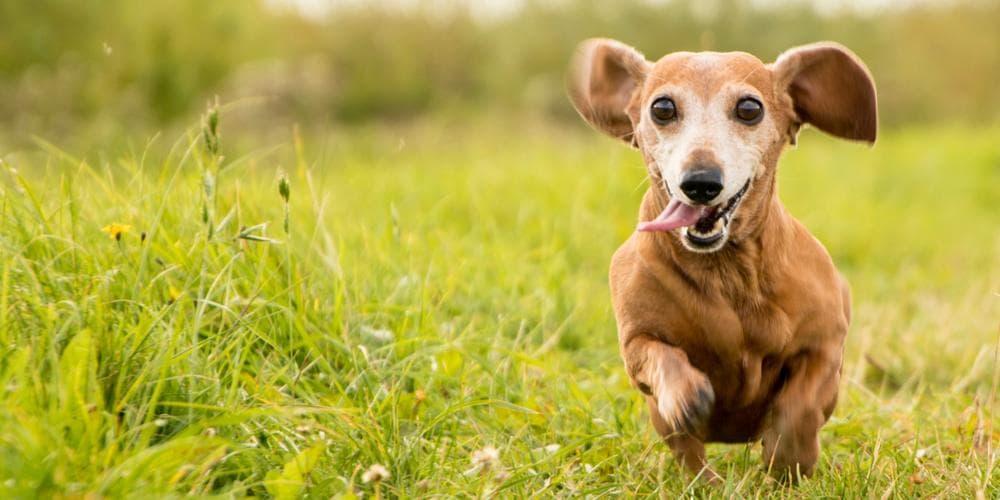
- Reduce your dogs food portion sometimes, the easiest way to lose weight is simply reducing the amount of food you feed your buddy. Now, remember not to drastically lessen your dogs food. As a general rule, reduce your dogs food by five percent for a week or two. After that, if he still doesnt lose weight, then subtract another five percent.
- Schedule your dogs eating habits dont feed your wiener dog at any time of the day. Having a scheduled mealtime will help you monitor your dogs diet. Not only that, but it reinforces discipline too.
- Track everything your dog eats while this may take more work, you will see that it produces results. Write down what you feed your dachshund as well as the amount. Weigh your dogs food and check if it conforms to your weight loss plan.

Exercise
When it comes to losing weight, diet is best coupled with exercise. It doesnt simply help your dog achieve an ideal weight, but it can help your dog become healthier and happier.
There are a lot of great forms of exercise available for your pooch. Walking your dog every morning, jogging with him, hiking, swimming, fetching, and bringing him in the park would surely burn those extra calories. Just be creative to make exercise fun and interesting. With a doxie as your dog, its easier to bring him anywhere since he is relatively small.
Make exercise a habit and schedule it as much as possible. Your dog also thrives in routine. If he routinely gets to exercise at a certain time of the day, it becomes a habit that he can continually do even after achieving his target weight.
Remember that exercise does not have to be done outside. It can be done inside your home. Just keep your pup moving and avoid being inactive. Every calorie burned counts.

Talk To Your Vet
Being overweight, or worse, obese dachshund comes with great health risks. Its a serious problem that you should not ignore. For example, an overweight doxie may easily develop back problems.
If you have an issue with the weight of your pet, it wont hurt calling your vet. He can help you create a weight loss plan, give you advice, and improve your dogs health condition.
Most importantly, read more about weight loss for dogs. The more knowledge and information you gather, the better informed you are in helping your four-legged best friend live a healthier and fuller life.


